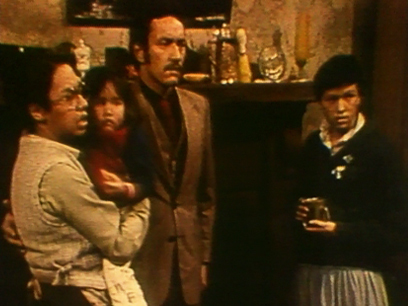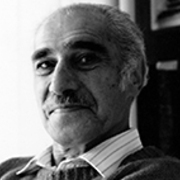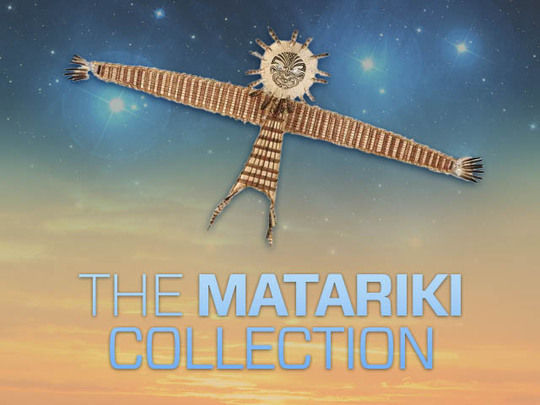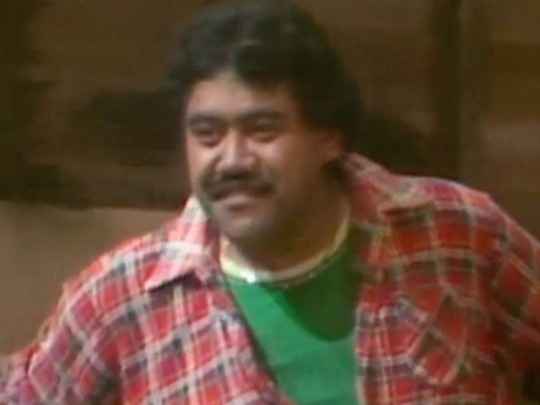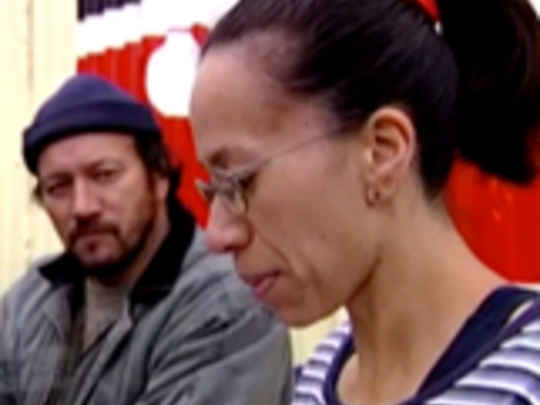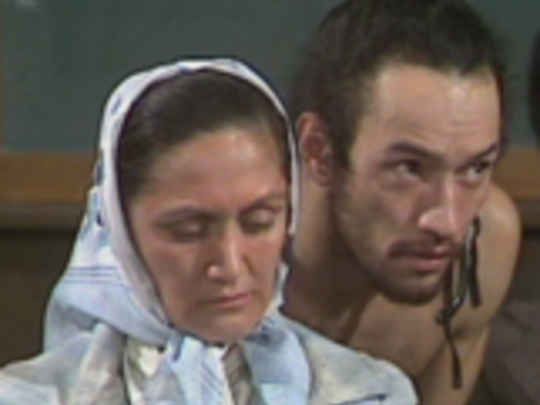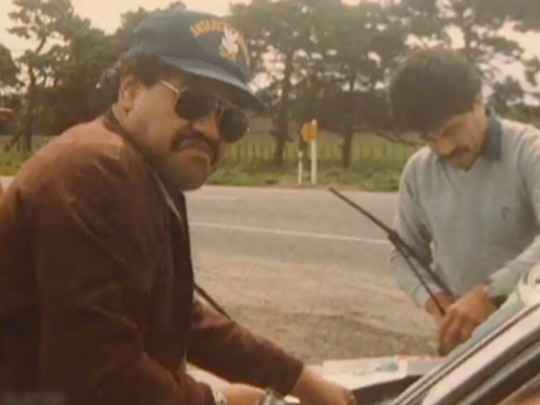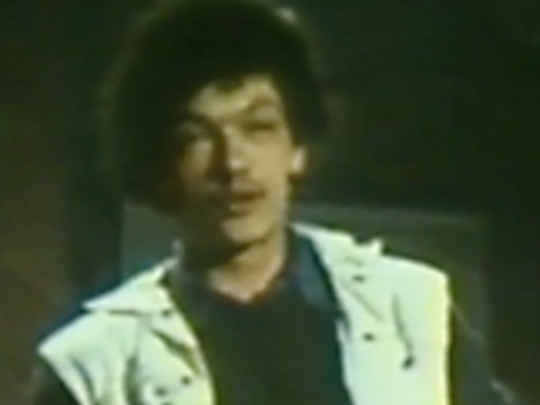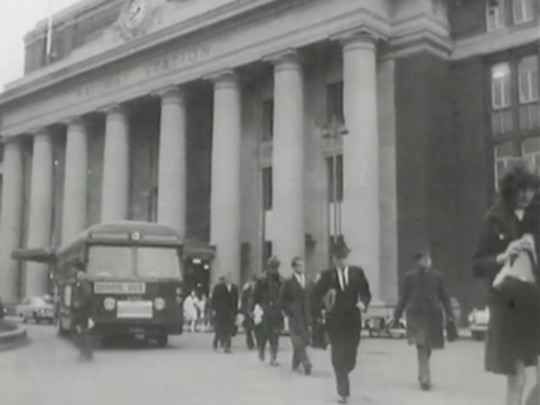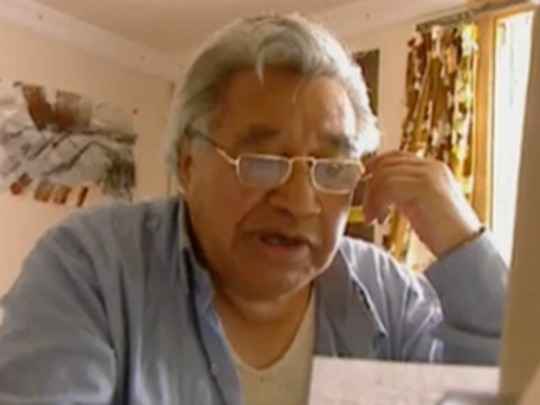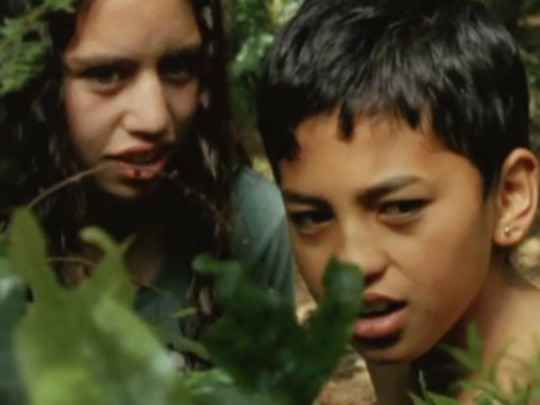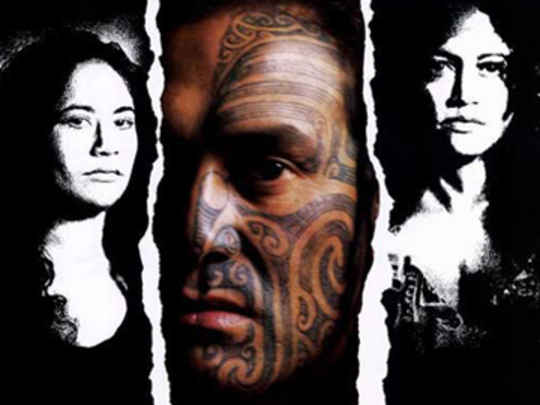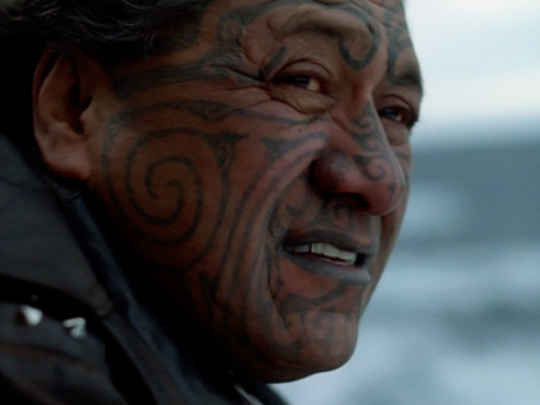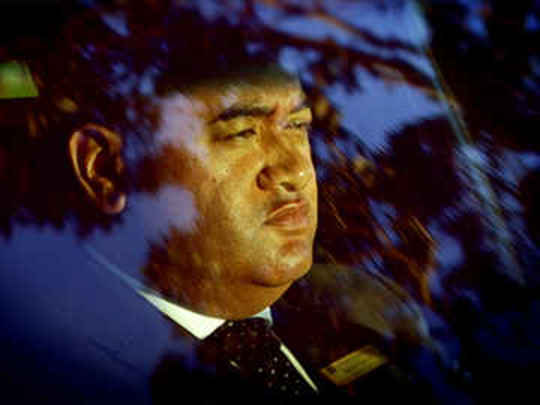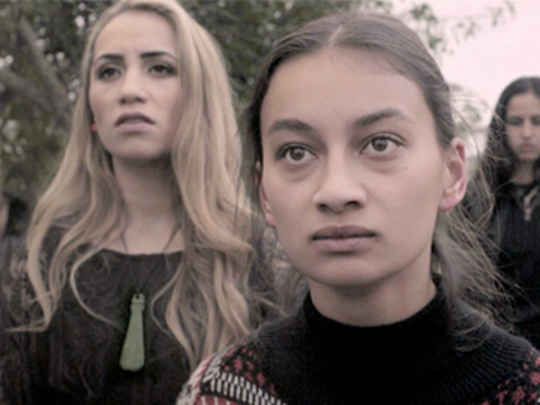The Gathering
Television (Full Length) – 1979
The genesis of the Gathering
The main theme of the play is about the vexed matter of where a (Māori) person is to be buried, when they die.
As the children of the deceased Māori mother had grown up in the city, removed from their Māori roots "up north" — not withstanding their father was Pākehā — they were ignorant of the great importance Māori put on "one of theirs" being buried "back home", when they die. As their father was buried in a local cemetery, they naturally thought their mother would be buried with him. Hence the confusion — and tension — of the play, when a bus-load of their mother's whanau arrive to "take her back", on hearing of her death.
The genesis of the play went back to similar events that arose during my (Māori) mother's tangi a long time ago. During which, claims were being made on her corpse (tupapaku) by others. As in the play, this was resolved by my oldest brother standing to say our mother's final wish was that she be buried with her father, who was non-Māori, and not buried in one of her ancestral cemeteries (urupa).
The importance of the play as I see it, is that it pre-empted by several years the highly publicised controversy over where Billy T James was to be buried, when he died. And more recently, the case of the late James Takamore in Christchurch.
